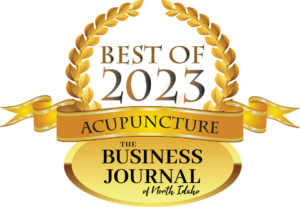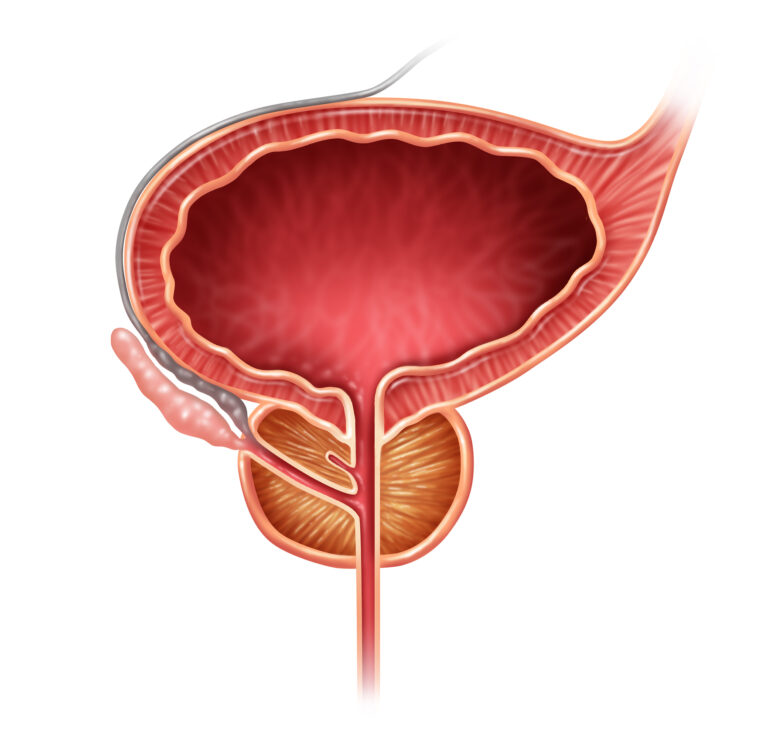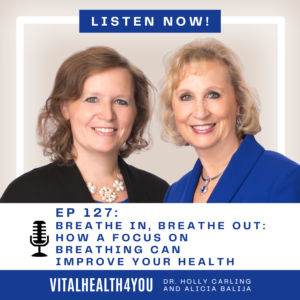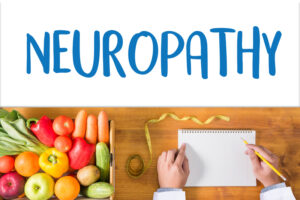About the age that the “curse of women” comes to a close, men begin what could be a curse for them. The difference is, while women have no choice about having a monthly cycle, men have much control on the health of their prostate. Whether the prostate gland becomes a curse or not is dependent upon some lifestyle choices.
The prostate is a small gland that sits below the bladder in men. It is small, the size of a walnut, and becomes problematic if it swells. Most agree that there is natural swelling that occurs as men age. Approximately 80% of men over age 60 have some prostate difficulties and 90% of men over 85 do. Nearly 12% of men will have a prostate problem at some point earlier in their lives, generally due to prostate pressure on the urethra. This is generally asymptomatic, and rarely is it harmful (we’re not referring to cancer here). Prostate symptoms include frequency of urination at night, thinning stream, difficulty urinating or incomplete emptying of the bladder.
The two primary non-cancerous forms of prostate challenges include benign prostatic hypertrophy (or BPH), and prostatitis. BPH is increased prostate size, pressing on the urethra causing the symptoms, and prostatitis is an inflammation or infection in the prostate gland and is accompanied with pain on voiding and ejaculation as well. Prostatitis needs to be corrected before any serious ramifications occur such as urinary tract infections, kidney/bladder damage, urinary stones, and incontinence.
Although it is not entirely clear how men get prostatitis (other than the following risk factors), there are fortunately several effective and natural ways to improve prostate health. Risk factors: Recent bladder infection, previously enlarged prostate, sexually transmitted disease, sexual inactivity, if you’ve engaged in rectal intercourse, had a urinary catheter put in, or have an abnormal urinary tract.
It is also found that obesity is a risk factor. It is unclear whether this is due to the excess fat and sugar both fueling abnormal cells, or if it is due to a lack of exercise and other health challenges. It is commonly accepted that exercise benefits the prostate. Some theorize that this is because of the increased blood flow through the prostate, others suspect it is due to improved lymphatic circulation, carrying wastes away, while others believe it has more to do with balancing blood glucose levels and its subsequent effect on prostate health. Staying active and exercising thirty minutes per week is all that is recommended for improving prostate health with exercise.
There are several food and herb recommendations for improving prostate health. First, lots of fresh fruits and vegetables, with particular emphasis on those that are deep green, purple and red. Red and purple grapes are high in resveratrol, a nutrient that supports prostate health. However, little is found in wine by comparison to the fresh grape (and alcohol is another risk factor for BPH). Tomatoes are particularly high in Lycopene, another nutrient supportive of prostate health. A Harvard study performed in 2003 of 47,000 men found that men who ate ten servings of tomatoes each week had a 50% less chance of developing serious prostate cancer. This is thought to be due to the lycopene that is present in tomatoes. In both the grapes and the tomatoes, I recommend eating the whole food, not isolating the resveratrol and lycopene and taking it in an isolated concentrate. Better to get the rest of the benefits of the complete food.
Another helpful food is pumpkin seeds. Not the white salted variety, but the little green pumpkin meats called “pepitas”. Raw pepitas contain an oil that is very helpful for the prostate. The oil helps to balance the hormones believed to be involved in prostatitis. Included in that oil category, the prostate needs copious amounts of Omega 3 fatty acids to function properly. Fish, avocados and pumpkin seeds are great for that.
Minerals are also critical for function, especially zinc. Zinc is found in seeds (including pepitas), beans, legumes, whole grains, oysters, red meat, poultry, and most seafood. Zinc is the primary functional mineral for the male reproductive tract, is needed for immune health (important for prostate infections), for the sharpness of the mental thought, etc. It has been shown to relieve enlarged and inflammed prostates.
Saw Palmetto and Pygeum Africanun are the two herbs most touted for their ability to enhance prostate health. Saw palmetto is very effective for relieving inflammation and enlargement of the prostate, helps to control the hormones that cause prostate enlargement, and preliminary research demonstrates very promising results in inhibiting cell proliferation. Best yet, there are no known side effects. Pygeum helps with painful urination and involuntary discharge of urine.
Red clover is rich in antioxidants that are known to inhibit the growth of cancerous tumors. It is helpful for blood health.
Acupuncture is also helpful in supporting prostate health. Acupuncture helps to increase blood and lymph circulation in the area, improve the energy, immune and hormonal systems, and helps to strengthen bladder muscles. It is helpful for surgically-induced hot flashes and overall hormonal health.
Obviously, serious prostate health issues need to be addressed by the appropriate medical personnel.
Keeping your prostate healthy is only one aspect of being healthy. It has been found that men encumbered by numerous health challenges have a higher chance of suffering from prostate problems. Healthy lifestyle choices benefit more than just your prostate. Eating a diet rich in color – all the colors of the rainbow and avoiding the nutrient-depleted processed foods, eating good healthy proteins, fruits and vegetables, good fats and avoiding sugar, refined, trans-fats and other garbage, goes a long way in promoting the health of every single organ.
Mid-life doesn’t have to be a curse! Begin to take care of your prostate today!
©2011 Holly A. Carling, O.M.D., L.Ac., Ph.D.







